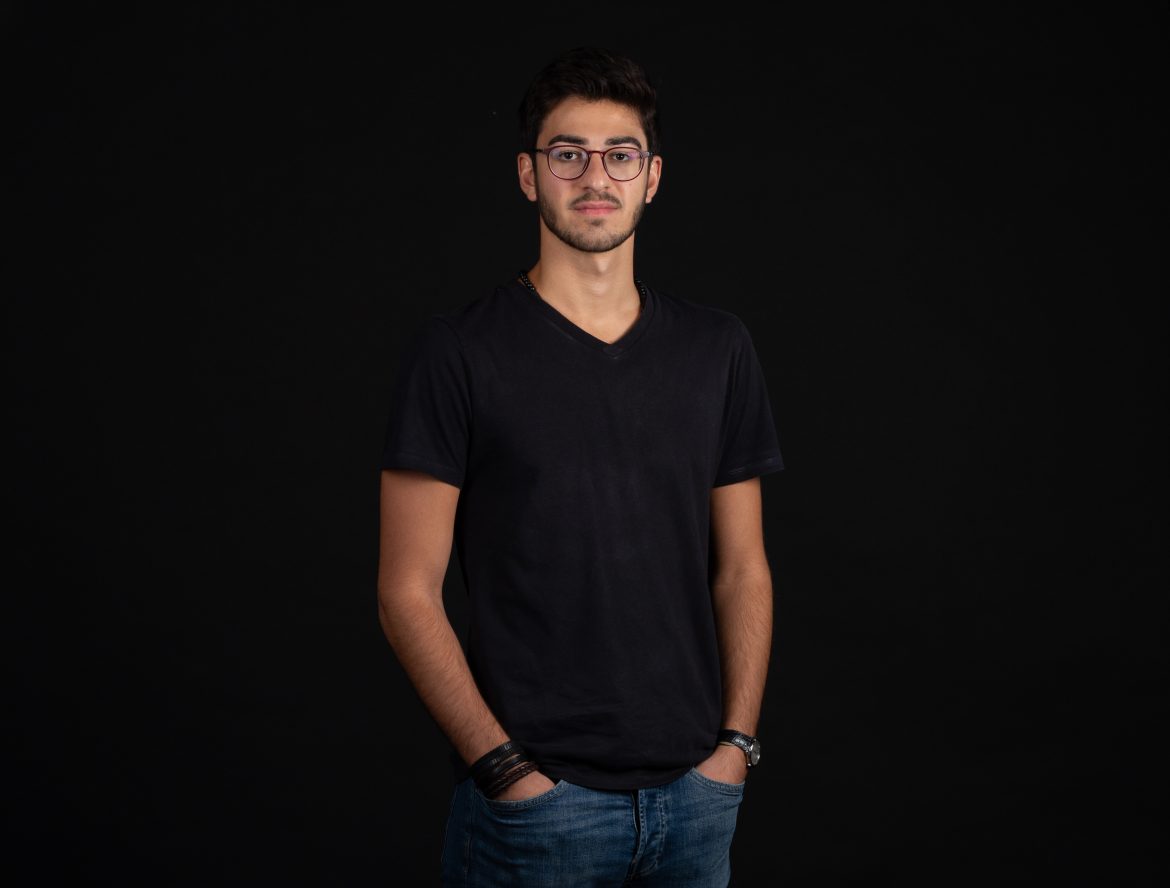Content and satisfaction
written by Alexis Baghdadi
Alexis Baghdadi
Alexis Baghdadi is co-founder of the SOILS Permaculture Association – Lebanon, and a communications consultant for agroecology donors and grassroots movements

